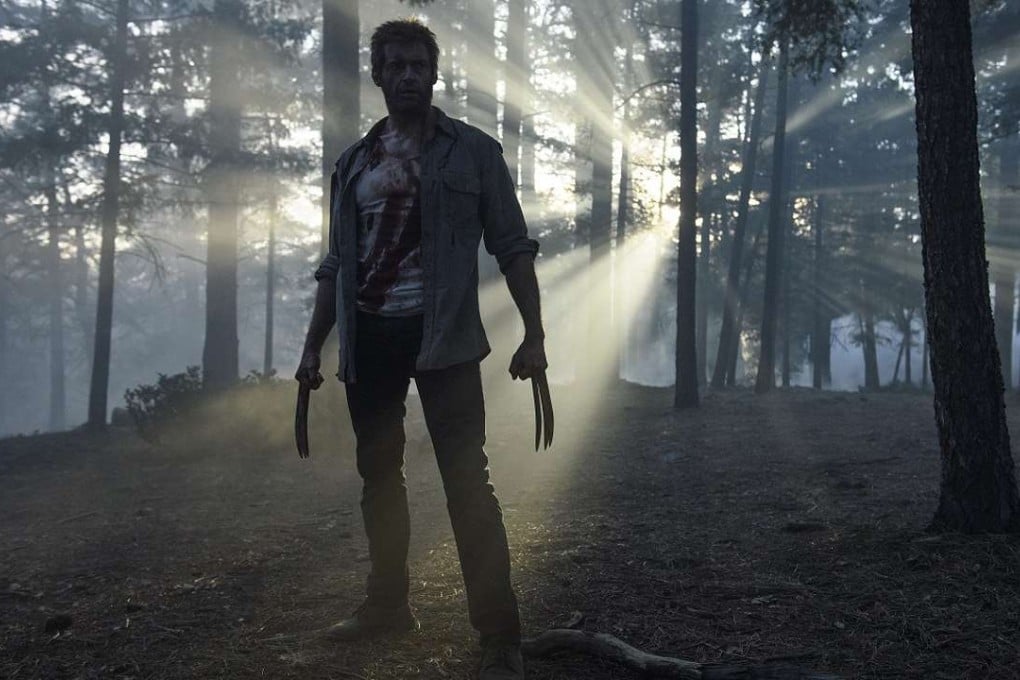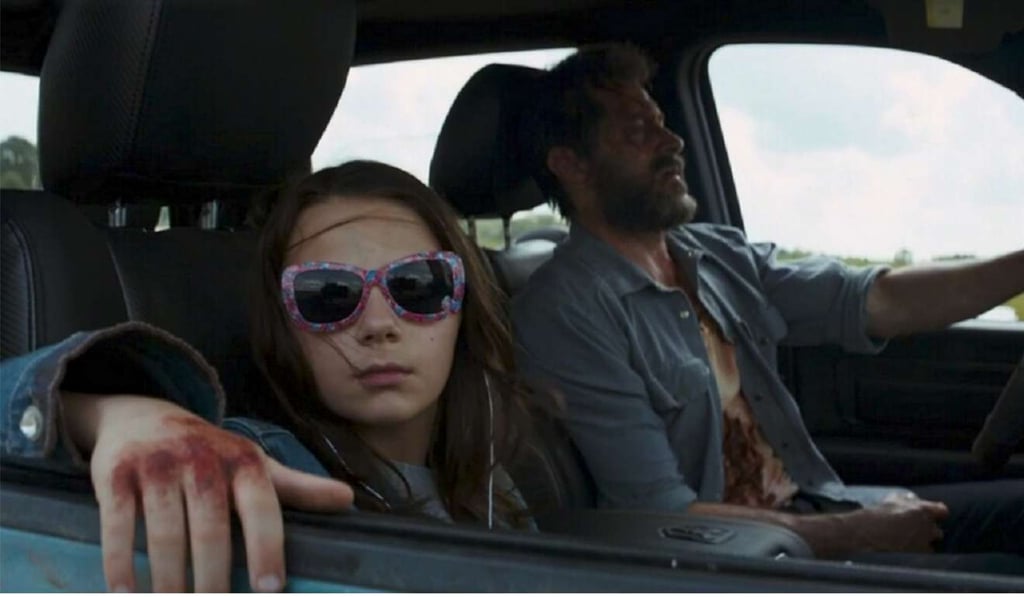China’s film censorship paradox: restricted content, unrestricted access
Chinese censors slashed 17 minutes from the latest Wolverine movie but anyone, including children, can see what is still a very violent film – an example of the arbitrariness that creates problems for parents and filmmakers

“Not a single cut” teases the Chinese promotional tagline in Hong Kong for Logan, Hugh Jackman’s latest (and supposedly last) outing as mutant warrior Wolverine. More than just a reference to the reluctant hero’s trademark claws, the phrase also alludes to the fact that Hong Kong audiences (aged over 18, as this is a category III film) will be able to watch the complete, uncensored, 140-minute version of the film.
Logan may have been released in China on the same date as in many other countries, including the United States, but audiences there got to see only a 123-minute edit of the film. Shots of smashed heads and a flash of bare flesh were removed so that it could be released across the country for consumption by everyone.

Logan comes with the parental guidance that “elementary school pupils and preschool children should watch the film with their parents” – in line with new legislation regulating the country’s film industry – but the question remains whether children should be exposed to even an edited version of the film.
Even with 17 minutes of cuts, Logan still has a menacing ambience and a fatalistic world view; Jackman reportedly agreed to be paid less so that he and director James Mangold could retain the grit of its R-rated premise, while Mangold himself has described the film as “not for kids, it’s just that simple”.